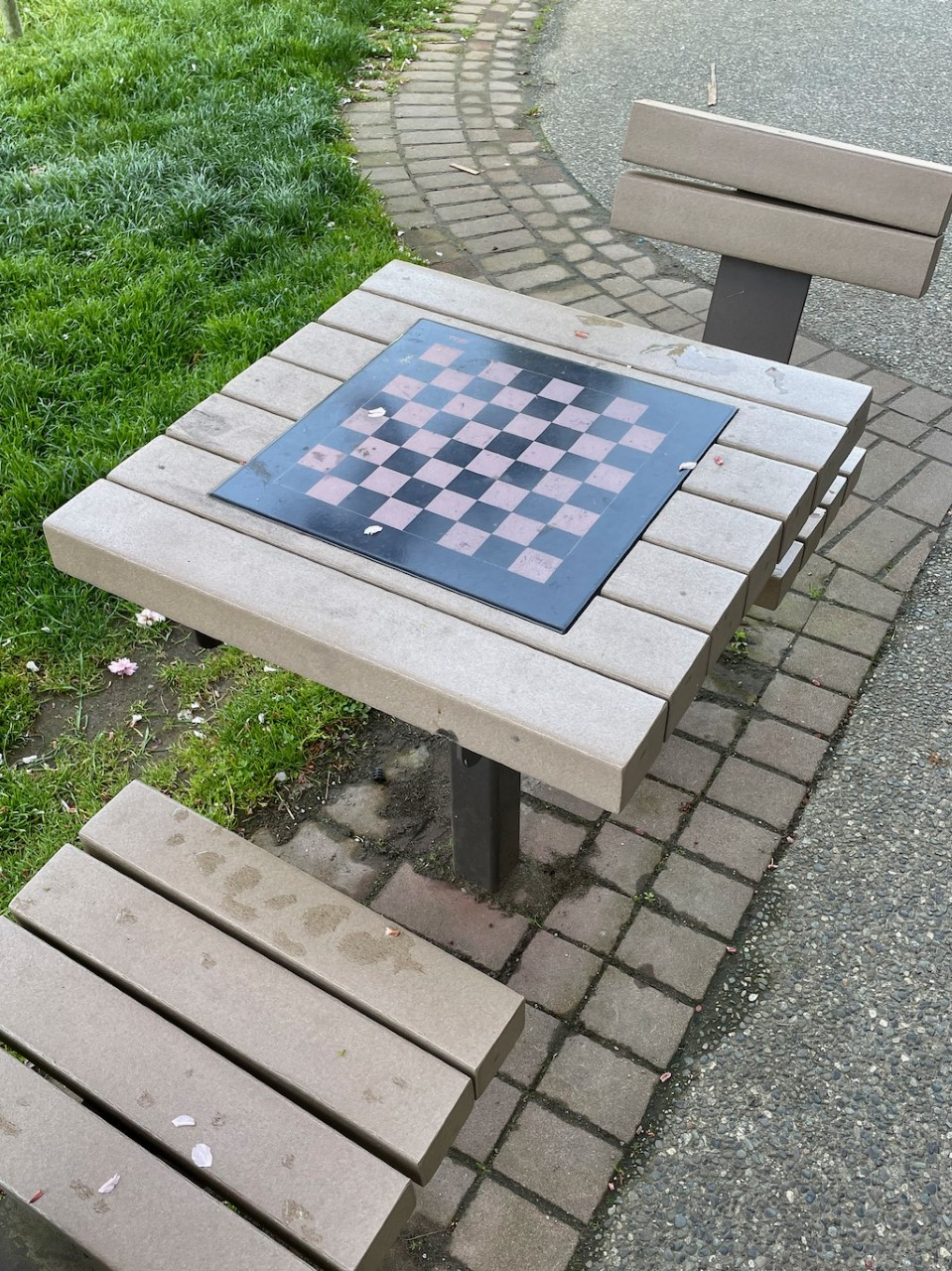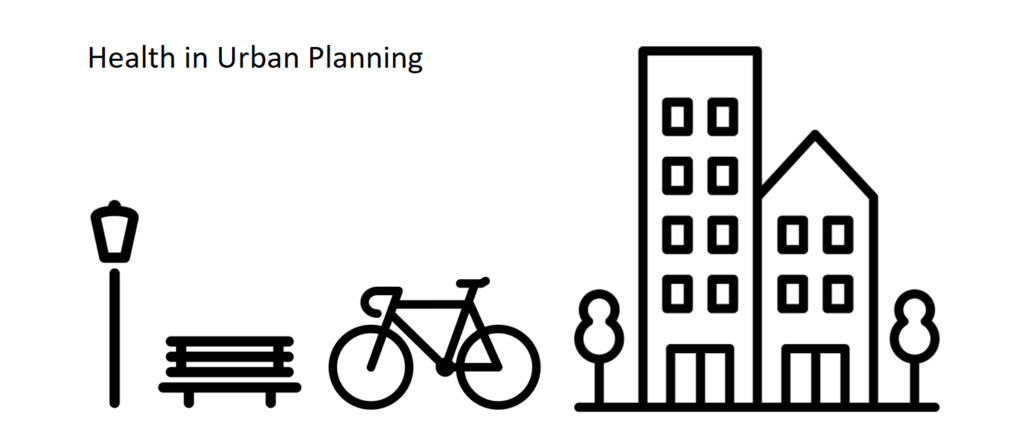City Know-hows

Why only plan for children’s play in cities? Play could support the health and wellbeing of older adults. Let’s reimagine age-friendly planning with play in mind.
Share
Target audience
Urban planners, play advocates, urban designers
The problem
Play has the potential to support the health and wellbeing of older adults, but research on play as a public health and planning intervention is solely focused on children.
What we did and why
As the first study to examine older adult play, we needed to first understand the perspective of older adults. We ran a photovoice study to capture older adult perceptions and experiences of spaces that enabled and limited play.
Our study’s contribution
Our findings broaden play discourse to include older adults, by
• Broadening age-friendly discourse to consider play,
• Highlighting real experiences and perceptions of older adults with regard to play and public space,
• Challenging narrow ageist assumptions of older adult public space activity.
Impacts for city policy and practice
We pose a clarion call for city policymakers and practitioners that planning for play should not be narrowly focused on children. They can expand their age-friendly conceptualizations and practical interventions to include play.
Further information
Full research article:
Older adult perceptions of play and play-enabling public space by Maxwell Hartt and Ellory Vincent
Related posts

Stronger collaboration with inhabitants could ensure more attention on health in spatial plan development.

Our study introduces and reviews how the built environment and its relation to population health are assessed in the literature. We did this by identifying methodological shortcomings and research potentials that need to be addressed jointly. Our assessment aims to undertake multiple health issues in an integrated manner, and identify priorities within the city whereby health is a primary goal.

The epigenome may provide a necessary link to advance knowledge of the biological pathways underlying the urban environmental impact on cognitive impairment and neurodegenerative disease risk. Broadening understanding of these pathways will help fuel multi-sectoral collaboration with decision makers to advance urban environmental health for human cognitive benefit.